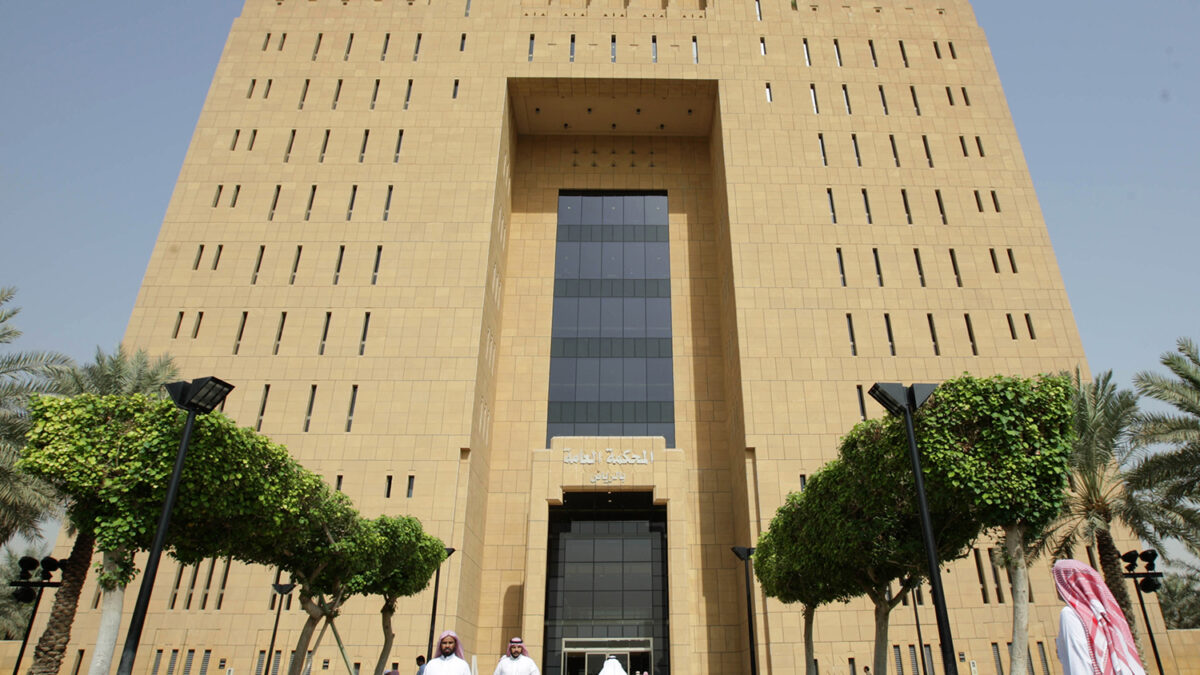Saudi Woman-Haters Strike Again
Saudi Arabia is often called the World’s No.1 Hypocrite. While collaborating with the Western coalition against ISIS, the human-rights-abusing kingdom shares much of the ethnic, religious and cultural intolerance that Jihad stands for. Non-Muslim temples are banned throughout the country and any Christians suspected of meeting for worship, or, as one Saudi official once complained “plotting to celebrate Christmas”, are immediately arrested and punished.

Saudi Arabia is often called the World’s No.1 Hypocrite. While collaborating with the Western coalition against ISIS, the human-rights-abusing kingdom shares much of the ethnic, religious and cultural intolerance that Jihad stands for. Non-Muslim temples are banned throughout the country and any Christians suspected of meeting for worship, or, as one Saudi official once complained “plotting to celebrate Christmas”, are immediately arrested and punished.
Among the numerous traps of Muslim fundamentalism is the description of the Islamic veil, in all its versions, as an innocent and demure female garment, when in fact it is one of the instruments of control and repression of Arab women. As long as the female Muslim population remains isolated from the civilized world, Islam will be stuck in a medieval time slot of violence and hatred. In Saudi Arabia women cannot vote, drive, wear whatever they want to or go to public places alone. Foreign women arriving in the country have to don the full veil –from head to toe– as soon as they set foot on Saudi soil.
This week a Saudi Arabia court has sentenced a mother of three to death by stoning for confessed adultery. The woman, a 45-year-old Sri Lankan maid, will be pelted to death, while the man with whom she allegedly had sex will receive 100 lashes. Domestic workers in Sri Lanka face severe discrimination in Saudi Arabia. According to a report by Human Rights Watch, they suffer physical, psychological and sexual abuse, non-payment of wages, food deprivation, confiscation of their documents, forced confinement in the workplace and legal obstructions when trying to return to their home countries. Saudi Arabia, current chair of the United Nations Human Rights Council Panel, has executed over 150 persons this year, most of them by public beheading.
